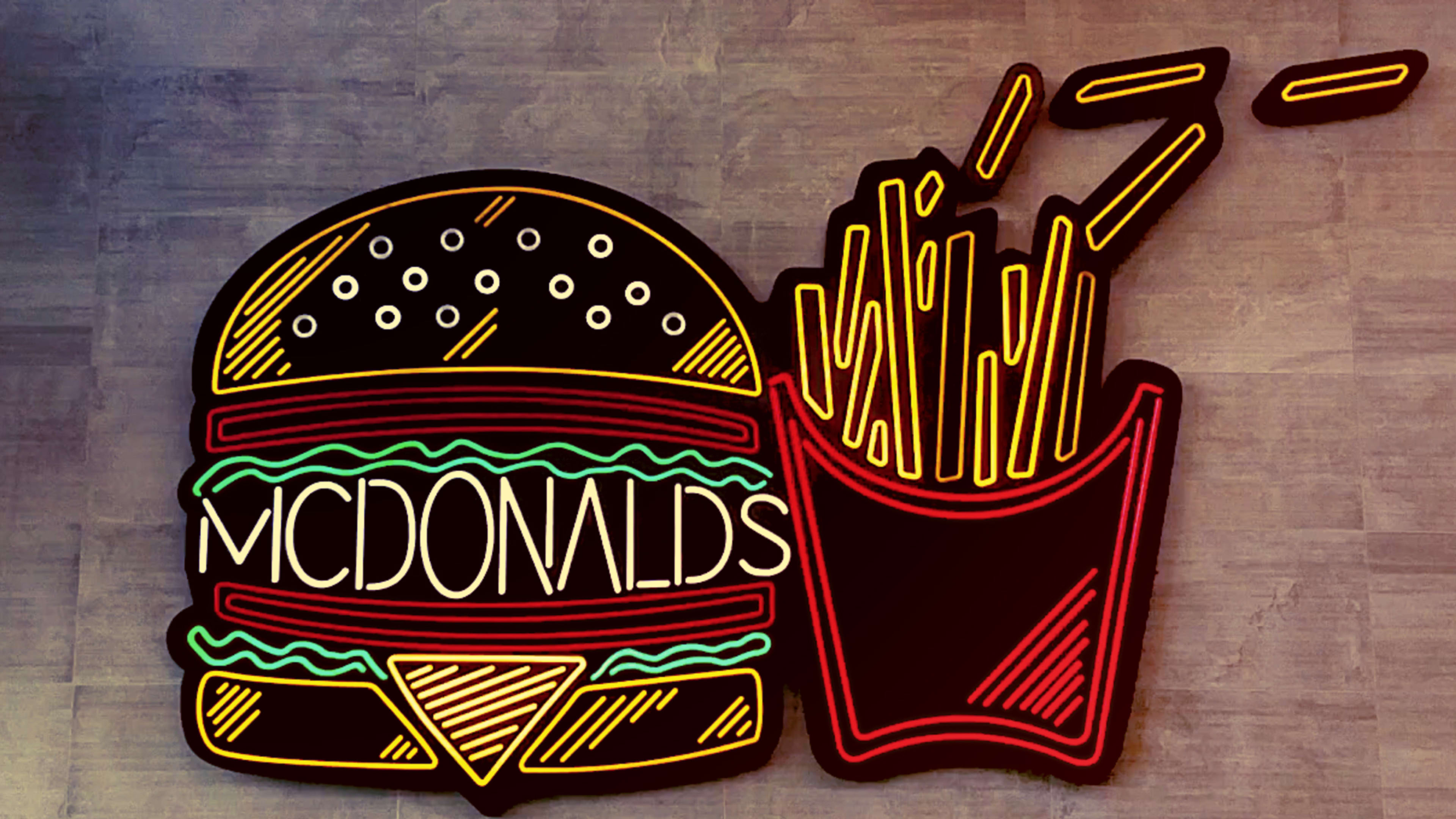Quick, what do Ronald McDonald and Colin Kaepernick have in common?
Well, obviously nothing.
Until now.
On Friday, McDonald’s announced it had named longtime Nike agency Wieden+Kennedy as its lead creative shop in the United States. This comes three years after it tapped Omnicom Group, which created a bespoke agency for it, We Are Unlimited, led by the holding company’s DDB agency and its CEO Wendy Clark.
The new account will be with W+K’s New York office, the same one that works on such brands as Bud Light and Ford. Both the agency and McDonald’s were quick to dispel any talk of conflict of interest based on the agency’s work with KFC, because that brand’s work is done out of W+K’s Portland office.
So let’s not expect a sexy Ronald just yet.
Why this agency move is different
On the surface, this may appear to be just another major account move in a historically nomadic industry where marketers are always jumping agencies every few years to freshen things up. But this one is different for a few reasons. First, McD’s isn’t known for its ad agency polygamy. When it teamed with Omnicom, it was after a 35-year run with agency Leo Burnett. At the time, then-McD’s CMO Deborah Wahl told AdAge, “This agency of the future really has digital and data at the heart.”
The hiring of Omnicom seemed to confirm McDonald’s wanted all the strengths a holding company can offer, specifically a myriad of ad and marketing capabilities at a global scale. We Are Unlimited was part of what was then a bit of a trend, especially among carmakers, with Omnicom’s Nissan Unlimited (sound familiar?), WPP’s GTB (formerly Team Detroit) for Ford, and Interpublic’s Commonwealth for GM.
McDonald’s shift to WKNY is not a referendum on the agency holding company. Though those conglomerates may have an increasingly less-then-agile business model and unattractive debt burdens, there’s still plenty of great creative work happening within their walls, and we need look no further than the trophy cabinets of such shops as TBWA, McCann, BBDO, and Anomaly.
What’s clear, though, is that even global marketing giants are seeing that all the efficiencies in the world can’t make up for mediocre creative. By picking W+K, McDonald’s is buying into the largest independent agency network’s outlook on what really matters. “We pretty much have two forms of success here,” copresident Colleen DeCourcy told me last year. “One is if it was a great idea, and the other is whether anyone cared about it. That’s our P&L.”
Finding its voice
Current McDonald’s CMO Morgan Flatley told AdAge the brand picked W+K New York for its blend of strategic and creative work. “Creative excellence is a huge passion point of mine,” said Flatley, adding that the W+K team understood “the heart and the soul of this brand.” Flatley’s comments echo Ford’s director of U.S. marketing Matt VanDyke, when he told me the carmaker named W+K New York its “innovation partner” to work on select creative because it “had a way of zeroing in on the brand voice and not thinking about what the next campaign from Ford should be. It was about the essence of who we are and who we’ve always been.”
Not exactly the leading with the “digital and data” that Wahl spoke of three years ago.
Because now, in 2019, those two things are table stakes, whereas creative excellence is a bit tougher to quantify. The key to much of W+K’s recent success, whether it’s the Kaepernick ad for Nike, finding ever weirder ways to play with the Colonel for KFC, or somehow tying Bud Light to Game of Thrones, is how it’s able to push clients to take risks for greater creative reward. It’s small enough to make the creative side of advertising its one and only priority, yet big enough not only to work with the world’s biggest brands but also stand up to them. Just ask Verizon or Target.
W+K New York managing director Neal Arthur once told me that in order to be creatively effective—to make work that does have the chance to make a cultural impact—an agency has to be honest about a brand’s place in that culture in the first place. “You need to be able to say, ‘I get they want to talk about the Chrysler 200, but let’s be honest, it looks like a rental car,'” he said.
What’ll they say about the Filet O’ Fish?
If McDonald’s, and more specifically its influential franchises, can take that kind of honest assessment, it can stop being Burger King’s advertising punching bag and find a way to be big and creatively surprising in a way we haven’t seen in a very long time.
Recognize your brand’s excellence by applying to this year’s Brands That Matter Awards before the early-rate deadline, May 3.
